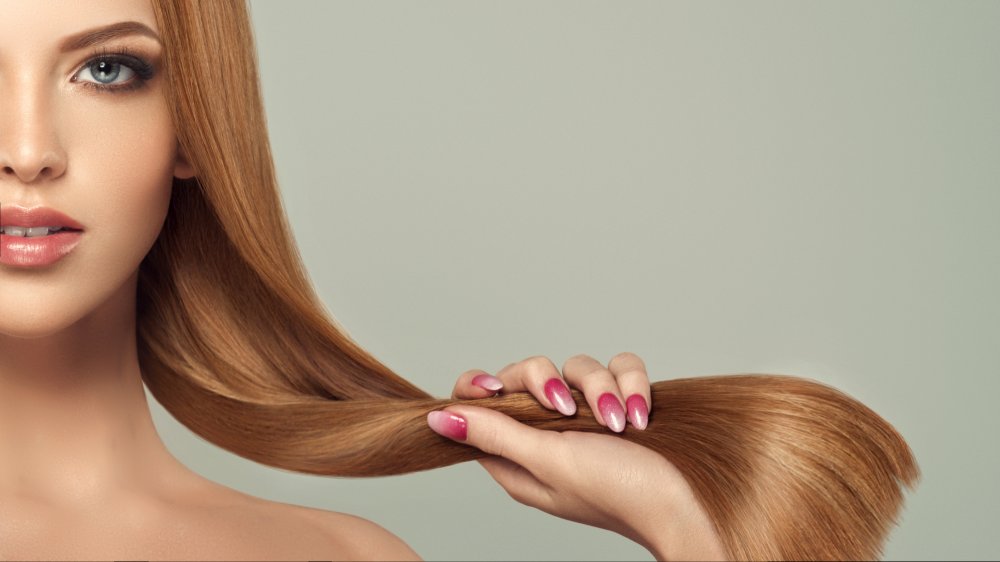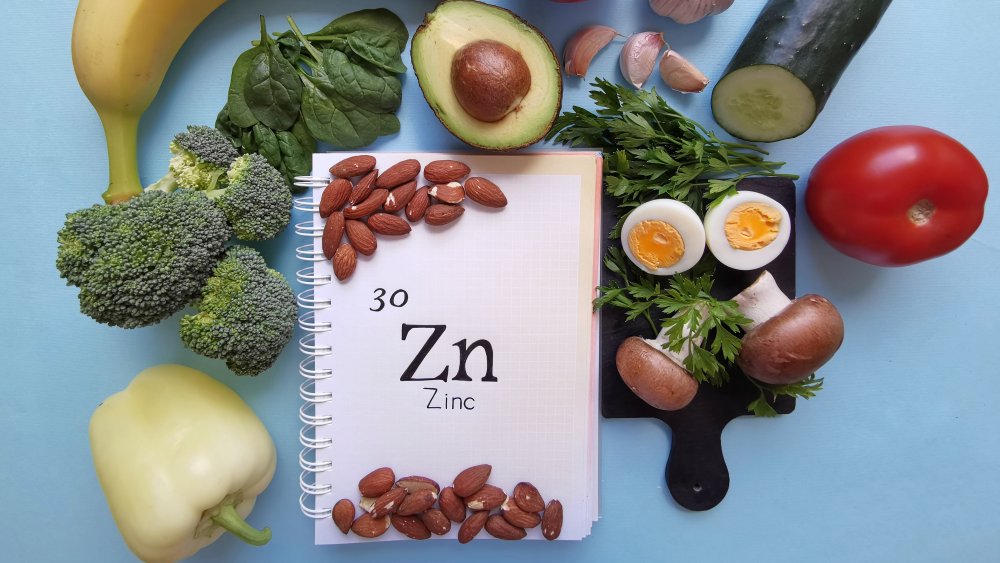Is Taking Zinc Good For Your Hair?
Many of us have had nightmares about losing our hair, and wake up with a sigh of relief as we run our fingers though our healthy locks. But what if that scary dream starts to become a reality and your hair actually really is taking a turn for the worse?
There is some evidence that zinc might help prevent or even reverse hair loss in some cases. Zinc is considered an essential nutrient, and it's vitally important for cellular function, but unfortunately, our bodies can't produce it on its own. Zinc is also a water soluble nutrient meaning that unlike some other vitamins we don't store it in fat cells but instead purge any excess. When we're running low on zinc, it may be hard to tell until we start to see physical manifestations — like thinning hair. Our bodies utilize the nutrient first for critical organs and then it allows the less important parts of the body (like hair) to use the leftovers.
Unfortunately, while we might think the health of our hair is vital to life, nature disagrees. Hair is the second most rapidly dividing cell type humans have and because it is not a priority to our survival, it's logical that hair loss or decline is the first sign of zinc deficiency (via Hair World Mag).
Zinc is important for hair health, but don't overdo it
But that doesn't mean we should go out and take all the zinc we can find. Our bodies need a small amount each day to meet its needs and it is possible to overdo it. A zinc toxicity can also affect our hair negatively, so it's not worth going overboard. According to My Hair Doctor, too much zinc can cause "a lack of anagen development," which in turn causes hair loss.
One of the easiest ways to add some zinc to your diet is through a multivitamin. Most of the products on the market meet your daily need of zinc. It's a good idea to take a supplement that is specifically designed for your sex though, because women and men need different amounts. Taking a multivitamin increases the bioavailability of zinc as well, which allows your body to absorb more of it. A multivitamin allows for zinc to be encapsulated with several different vitamins that help your body with retention. Taking a zinc supplement on it's own doesn't allow for the same uptake ability and can make it easier to take too much.
Ways to increase zinc in your diet
If you want to go a more traditional zinc route to restore or maintain your hair, you can tidy up your diet a bit. Oysters offer a whopping 673 percent of your daily need for zinc, so a fancy oyster dinner every once in a while could keep your hair healthy. If you're not a fan, beef chuck has 64 percent of your daily zinc need in just three ounces, while three ounces of real crab can fill almost 60 percent of your daily need. You're not out of luck if you're a vegetarian, as one serving of many breakfast cereals offer 25 percent of the zinc you need in a day. Some other options include baked beans, yogurt, and pumpkin seeds (via U.S Department of Health and Human Services).
If your hair is looking a little lackluster, try getting a little more zinc. Be cautious, though, because like most things, zinc is best in moderation — too much or too little zinc can take a toll not only on your hair health, but on your general health, too.


